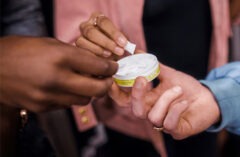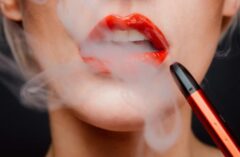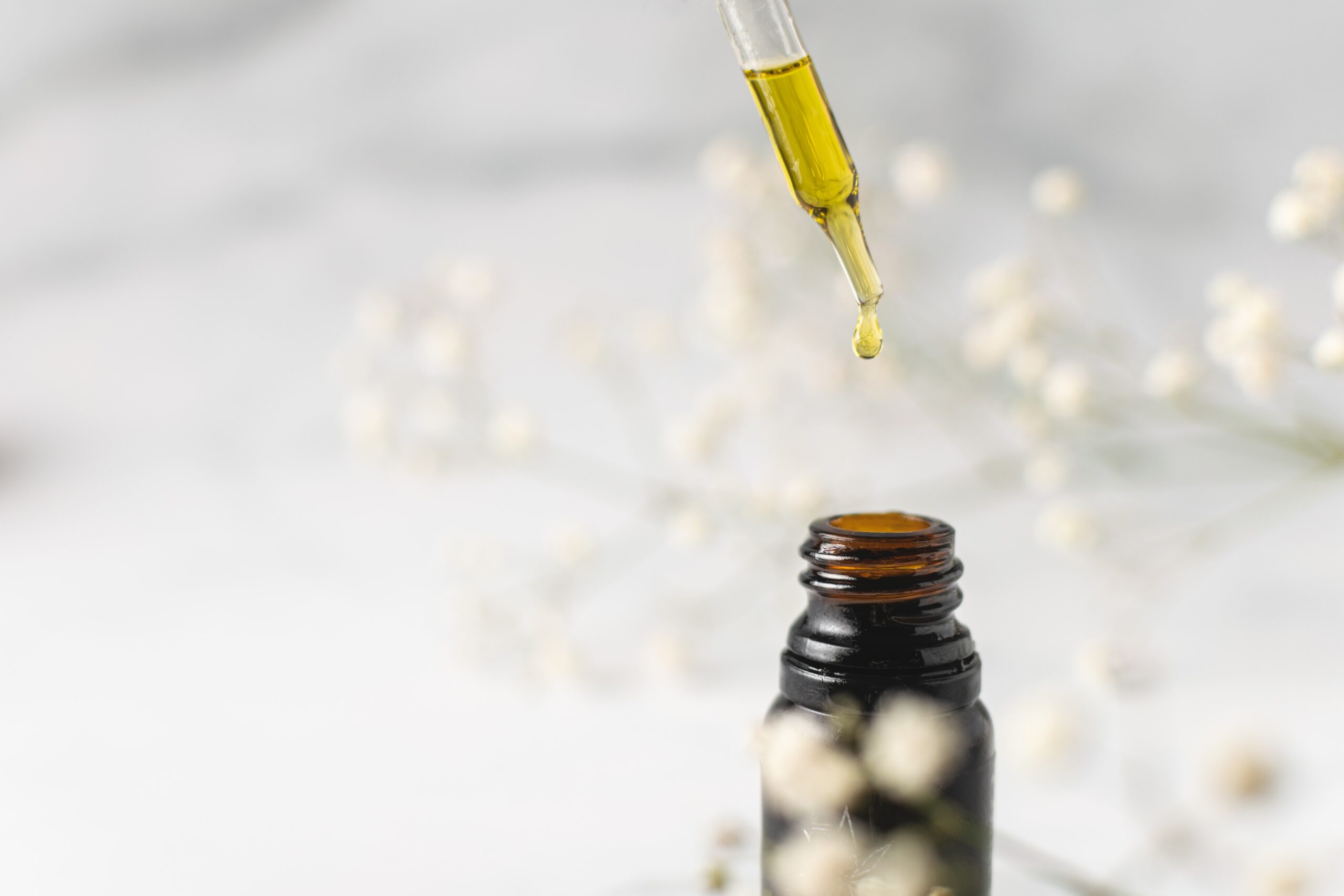Table of Contents [show]
Beginning today, Wendy Bivona, the owner of one of the first Vape Shops in the USA, comes to Spinfuel to keep us, and you, up to date on everything that is happening behind the scenes as the August 8th 2016 dates comes closer. Wendy’s columns will focus on what Vape Shop owners need to know in order to survive the upcoming Vapocalypse, and what vapers can do to help.
Reporting from the field, Wendy Bivona…
Part 1 – What a retailer needs to know.
With the Food and Drug Administration’s tobacco deeming regulations (FDA Regs) scheduled to go into effect on August 8, 2016, retailers that sell cigars, pipe tobacco, electronic cigarettes, nicotine vapor products, hookah tobacco, nicotine gels and/or dissolvable nicotine products will need to know how to comply with the agency’s new regulations on these tobacco products.
This is the first of many columns designed to inform retailers what needs to be done in order to comply with these regulations in order to stay in business.
The first topic will be General Certificate of Conformity for testing protocols for the child nicotine poisoning prevention act.
You will want to have this cert on file in the event of an audit.
The Child Nicotine Poison Prevention Act of 2015 gives the Consumer Products Safety Commission (CPSC) authority over the packaging of liquid nicotine containers.
If you are a retailer (only buy and sell e-liquid to your customers), you should obtain a GCC from your manufacturer, that references their brand, logo and company information on the certificate. This ensures they have the testing documentation proving their bottles are in compliance. Any inspector will verify testing documentation compliance with the manufacturer directly.
Please note the following:
- An ISO-8317 certificate is not in compliance with this regulation and will not be admissible. Most Chinese manufacturers will try to give you this for compliance but this will not be admissible. Only Bottles meeting the US 16 CFR Title 16 Part 1700.20 standard will be approved
- This only applies to products that were manufactured AFTER July 26th. If you have products that were manufactured prior to that date these requirements are not needed BUT you do need to be able to prove when it was manufactured. Without evidence it will be assumed they were manufactured after July 26th.
- Please retain receipts from your bottle manufacturer that verifies your bottles match those that the documentation references.
- There will be a separate GCC required for glass and plastic bottles including those of different sizes.
What does this certificate look like?
Sample General Certificate of Conformity
(insert your logo at top of page)
- Identification of the product covered by this certificate (List what lines of liquid are covered by this GCC. You do not need to list specific flavors:):
Awesome Sauce Liquids
Bubbas Liquids - Citation to each CPSC product safety regulation to which this product is being certified:
16 CFR Title 16 Part 1700.20
- Identification of the U.S. importer or domestic manufacturer certifying compliance of the product:
Big Bubbas Liquids
123 Main street
Dallas, Texas
941-555-5555
- Contact information for the individual maintaining records of test results:
Big Bubbas Liquids
Bubba Johnson 941-555-5555
bubba@bigbubbas.com - Place where this product was manufactured:
Luqua Sijiazhuang Hebei Povince, China
- Date and place where this product was tested for compliance with the regulation(s) cited:
Testing conducted from 09-12-2015 -10-3-2015
Chicago and south, west villages thereof
- Identification of any third-party facility on whose testing the certificate depends:
Bitner Associates, Inc.
1001 Forest Trail Sugar Grove, IL 60554
Part 2 – State Legislative updates
The following is a summary of recent action that has taken place on tobacco-related bills pending in state legislatures:
Alaska:
House Bill 5002e and Senate Bill 5002e both propose to increase the tax on cigarettes by $1.00 per pack, increase the tax on tobacco products from 75% to 100% of the wholesale price, and impose a tax on electronic cigarettes at 75% of the wholesale price. Senate Bill 4001d, which increases the tax on cigarettes by $1.00 per pack, raises the tax on tobacco products from 75% to 100% of the wholesale price, and imposes a tax on electronic cigarettes at 75% of the wholesale price, was re-introduced on July 13, 2016 at the start of the state legislature’s current special session. SB4001d remains in the Senate Finance and Labor and Commerce Committees.
California
Senate Bill 1400 would ban the sale of all tobacco products, e-cigarettes and vapor products in convenience stores, gas stations, grocery stores, liquor stores, and drug stores. The only stores that would be licensed to sell these tobacco products would be stores that generate more than 60% of their gross revenue from the sale of tobacco products and tobacco accessories and do not permit anyone under the age of 18 to be present in the store.
Indiana
The Indiana Alcohol Tobacco Commission (ATC) decided that it will not enforce for a period of sixty days beginning July 1, 2016 the provisions of a 2015 Indiana law that requires e-liquid manufacturers to be licensed and that unlicensed e-liquid products not be sold in the state beginning July 1, 2016. Today, the Indiana ATC published an announcement on the agency’s website listing Frequently Asked Questions about the new e-liquid law. The announcement states that the ATC will conduct a period of educational enforcement for 60 days beginning June 30, 2016 and that retailers will have the option of selling or removing from store shelves any non-compliant e-liquids that were manufactured after July 1, 2015 and before June 30, 2016. This 60 day educational enforcement period does not apply to non-permitted e-liquid products made after June 30, 2016 nor does it apply to any e-liquid products made after June 30, 2016 by a manufacturer that has not received a manufacturing permit from the ATC.
Pennsylvania
Senate Bill 1073, which establishes the spending portion of the state’s 2017 budget, was sent to Governor Thomas Wolf on July 1, 2016. The revenue bill, which may include a cigarette tax increase and a new tax on other tobacco products and e-liquids, has yet to be finalized.
Rhode Island
House Bill 7427, which requires child-resistant packaging for electronic delivery system liquid, passed the House on June 14, 2016. Senate Bill 2193, which modifies the definition of little cigars to 4.5 pounds per thousand, requires little cigars be sold in packs of 20 or more and taxes little cigars as cigarettes, is scheduled for a hearing in the Senate Finance Committee on June 15, 2016.
Vermont
House Bill 872, which requires any retailer of tobacco substitutes (e-cigarettes, delivery devices, etc.) to obtain a tobacco substitute endorsement from the Department of Liquor Control, requiring a fee of $5, raising the annual fee for tobacco licensing or renewal from $100 to $110, was signed by the Governor on May 31, 2016.
West Virginia
Senate Bill 1012A, which has passed both the Senate and the House, increases the state’s cigarette tax rate by $.65 per pack, raises the tax on other tobacco products by another 5% and assess an excise tax on e-cigarettes and vapor products at the rate of 7.5 cents per milliliter of nicotine Poisoning Act https://www.congress.gov/bill/114th-congress/senate-bill/142/text
Stay tuned for more from Wendy Bivona….
Wendy Bivona is the owner of Premium eCigs, in Melbourne Florida. Follow Wendy on Facebook. Wendy is the most informed advocate on the pro-vaping side, and she will be bringing Spinfuel Readers and Vape Shop Owners vital information for Life after August 8th.




